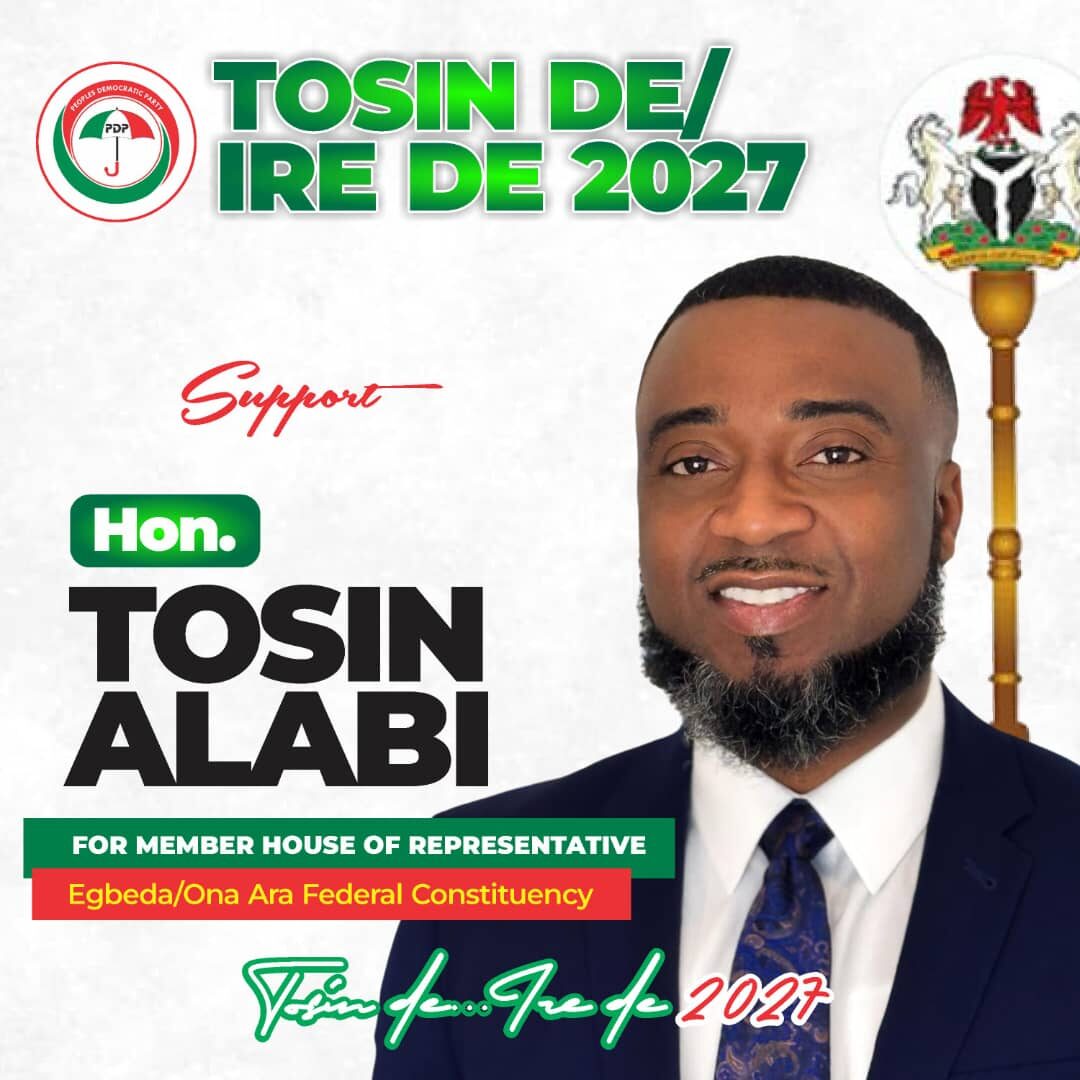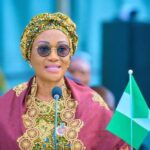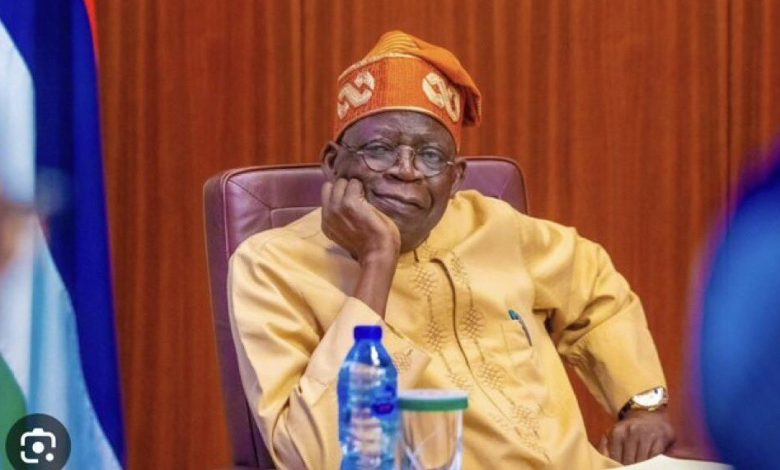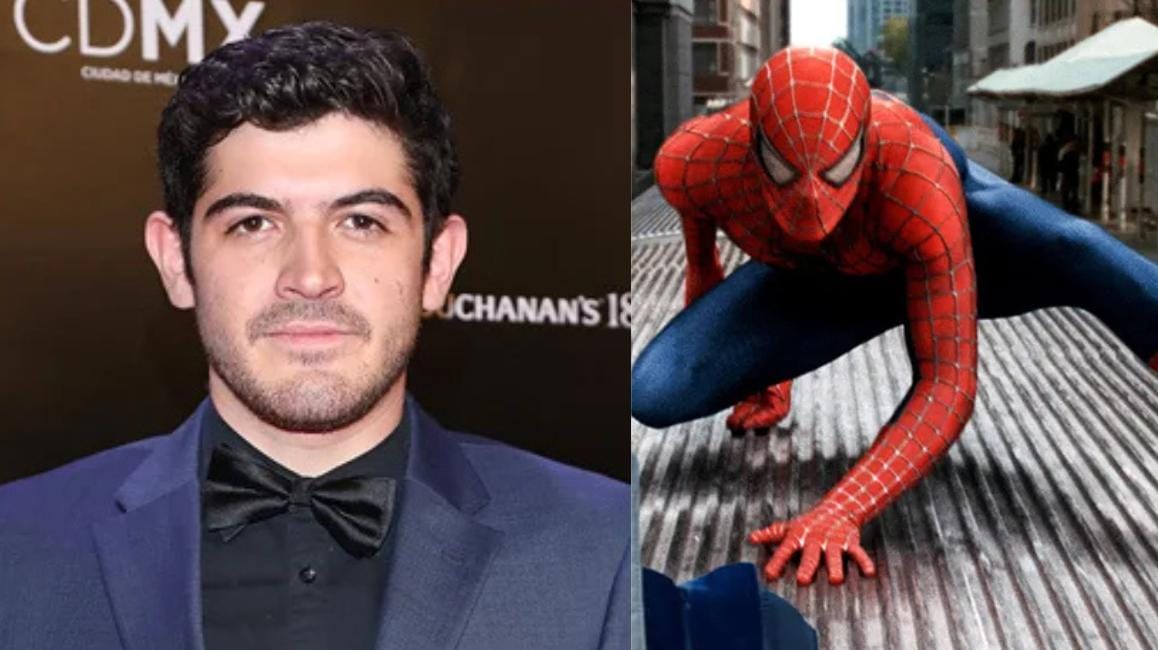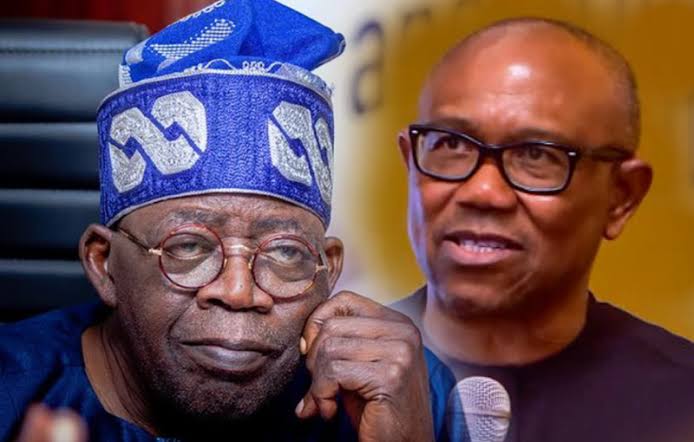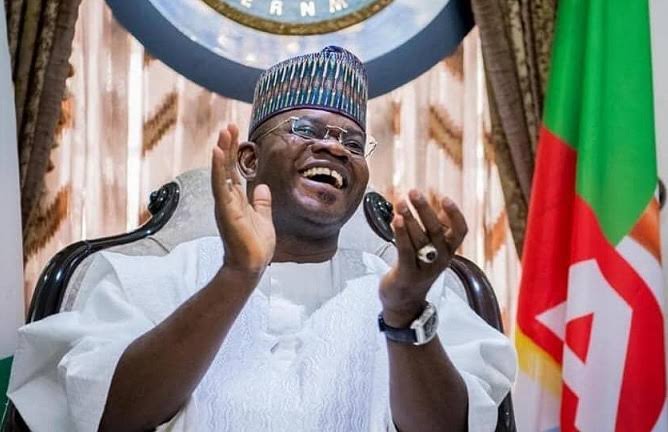The Federal High Court in Lagos has declared that the federal 36 state governments as well the authorities of the Federal Capital Territory (FCT) are legally obligated to provide free, compulsory, and universal basic education to all children of primary and junior secondary school age.
Delivering the judgement on 9 October, the judge, D.E. Osiagor, held that under Section 11(2) of the Universal Basic Education (UBE) Act, all three tiers of government have a binding statutory duty to ensure basic education nationwide.
He clarified, however, that states’ decision to access the federal government’s matching grants for basic education “remains discretionary.”
A certified true copy of the judgement, shared with PREMIUM TIMES on Thursday, shows the case was filed by human rights lawyer Femi Falana, who is a Senior Advocate of Nigeria (SAN), and activist Hauwa Mustapha on behalf of the civil society coalition, Alliance on Surviving COVID-19 and Beyond (ASCAB).
Court recognises public interest standing
The court affirmed that Mr Falana and Ms Mustapha had the legal standing to bring the suit, noting that the case raised constitutional and statutory issues affecting millions of Nigerian children.
Mr Osiagor cited the Supreme Court’s liberal approach to public-interest litigation, stating that citizens may sue where public rights are threatened.
Right To Basic Education Is Enforceable
Addressing arguments by some states that free education is a non-justiciable directive principle, the judge ruled that the right to basic education under the UBE Act is enforceable and justiciable.
He said once the parliament enacts a law imposing obligations, those obligations become legally binding, regardless of general constitutional directives.
‘Contribution To UBEC Grants Is Discretionary’
In his judgement, Mr Osiagor explained that states that choose to access the federal government’s block grants must contribute 50 per cent counterpart funding. Failure to do so, he said, does not automatically constitute a violation of the law.
“I hold that Section 11(2) is directory and conditional, not mandatory, and that failure to access the federal block grant does not per se amount to illegality,” the judge stated.
The court clarified that while the federal government is legally required to provide free basic education, states are not legally compelled to access Universal Basic Education Commission (UBEC) matching grants.
“The word ‘assistance’ connotes aid that a recipient may lawfully decline. States that choose not to access the federal grant are not in direct violation of Section 11(2), provided they independently fulfil their statutory obligation to provide basic education,” Mr Osiagor said.
He criticised states that leave education funds unclaimed, noting that such practices undermine efforts to reduce Nigeria’s estimated 20 million out-of-school children.
Background
The matter, marked FHC/L/CS/142/24, was filed on 19 January 2024.
The applicants sought declarations that the federal government and states violated the UBE Act by failing to provide free basic education and leaving over N68 billion in UBEC matching grants unaccessed.
The respondents include the Attorney-General of the Federation, the Minister of Education, UBEC, and the Attorneys-General in all 36 states, and the Minister of FCT and the Minister of Education.
Lagos State was represented by Solicitor-General Hammed Oyenuga, while Seun Sogbesan represented 27 other states. Respondents opposed the suit, arguing a lack of locus standi and that the right to education is non-justiciable. Several states also submitted affidavits showing compliance with counterpart funding obligations.
Court Declarations
The court declared that all levels of government are legally required under Section 2(1) of the UBE Act to provide free, compulsory, and universal basic education for every child of primary and junior secondary school age.
It further ruled that while states must deliver basic education, their decision to access federal matching grants is discretionary, and any state that opts in must contribute 50 per cent counterpart funding.
The court rejected all claims for monetary compensation brought by Lagos and the other respondent states.
Nigeria’s out-of-school children crisis
The court ruling comes against the backdrop of alarming statistics from the United Nations Children’s Fund (UNICEF), which reports that Nigeria now has 18.3 million out-of-school children, the highest in the world.
Tushar Rane, Chief of UNICEF’s Bauchi Field Office, revealed the figure during a two-day Regional Stakeholders Engagement Meeting on Out-of-School Children in Gombe, covering Bauchi, Gombe, and Adamawa states.
“Unfortunately, this places Nigeria at the top globally for the highest number of out-of-school children,” Mr Rane said.
He added that only 63 per cent of primary school-age children regularly attend school, while merely 84 per cent transition to junior secondary school.
He attributed the trend to insufficient budget allocations, teacher and classroom shortages, poor infrastructure, cultural norms, health and safety concerns, and child labour.
To address the crisis, UNICEF is collaborating with UBEC to develop the National Framework of Action to Reduce the Number of Out-of-School Children and the Retention, Transition, and Completion Model.
The initiative aims to enhance school attendance, retention, and progression, particularly among adolescents at the secondary school level.
WARNING: If You Are Not 18+, Don’t Click The Link Below 👇🫣
https://massivemanuscriptestimated.com/kx6iepv2qm?key=6c14bd1d68e1eba721851f19778f5efe
Please don’t forget to “Allow the notification” so you will be the first to get our gist when we publish it.
Drop your comment in the section below, and don’t forget to share the post.
Never Miss A Single News Or Gist, Kindly Join Us On WhatsApp Channel:
https://whatsapp.com/channel/0029Vad8g81Eawdsio6INn3B
Telegram Channel:
https://t.me/gistsmateNG
